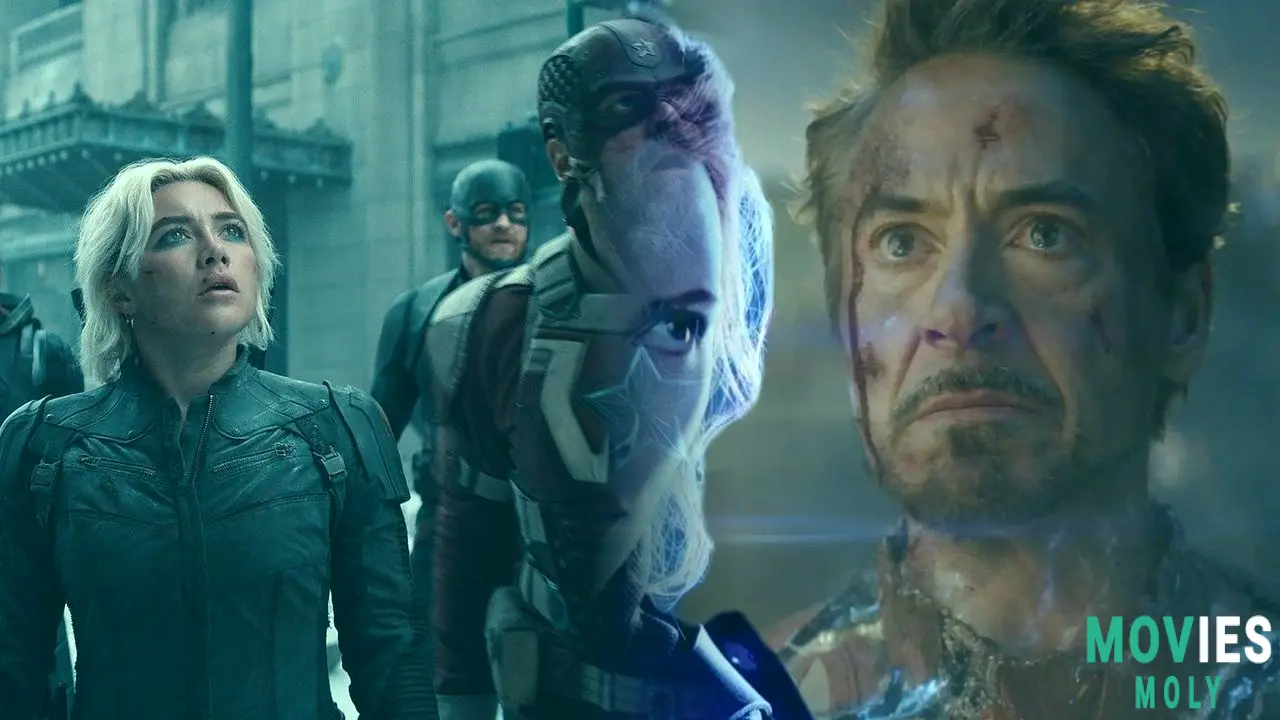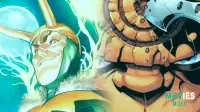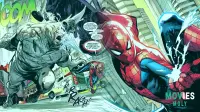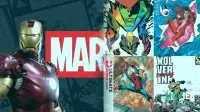In a world where gods wield hammers and billionaires don high-tech armor, Marvel’s Black Widow remains one of the most grounded yet formidable forces in the entire universe. Natasha Romanoff’s legacy—cemented through decades of comics, the MCU, and now echoed in the antics of her successor Yelena Belova—isn’t about flashy powers or cosmic might. It’s about skill, will, and an unyielding commitment to protect those she cares about, even when the world thinks she’s nothing more than a weapon. Recent comic arcs and the theatrical momentum from films like Thunderbolts* are only deepening her role as Marvel’s most complex and capable agent.
Iron Man Comics Reveal Just How Dangerous Black Widow Really IsMarvel Comics’ Iron Man #7 and #8 deliver more than just armor-clad punches and tech wizardry—they set the stage for a raw, emotional showdown that puts Natasha Romanoff back into the spotlight in a way few solo stories have. The twist? Tony Stark doesn’t just fear for himself; he fears Black Widow so much that he enlists Melinda May to watch his back. And not because May is his first choice—but because she might be the only one who can stand up to Natasha.
This isn’t just a tease for an epic fight. It’s a statement. After years of teaming up, Tony Stark’s instinctive trust in Natasha has fractured into something more complicated. Under the One World Under Doom event, Natasha isn’t just opposing Stark—she’s trying to save him from a path she believes will destroy him. The cover of Iron Man #8, showing her choking out Iron Man, isn’t villainous. It’s urgent. It’s personal. And it’s proof that Black Widow will cross any line if she thinks it’s for the greater good.
Black Widow’s Legacy Is Getting a New Life Through the Thunderbolts*
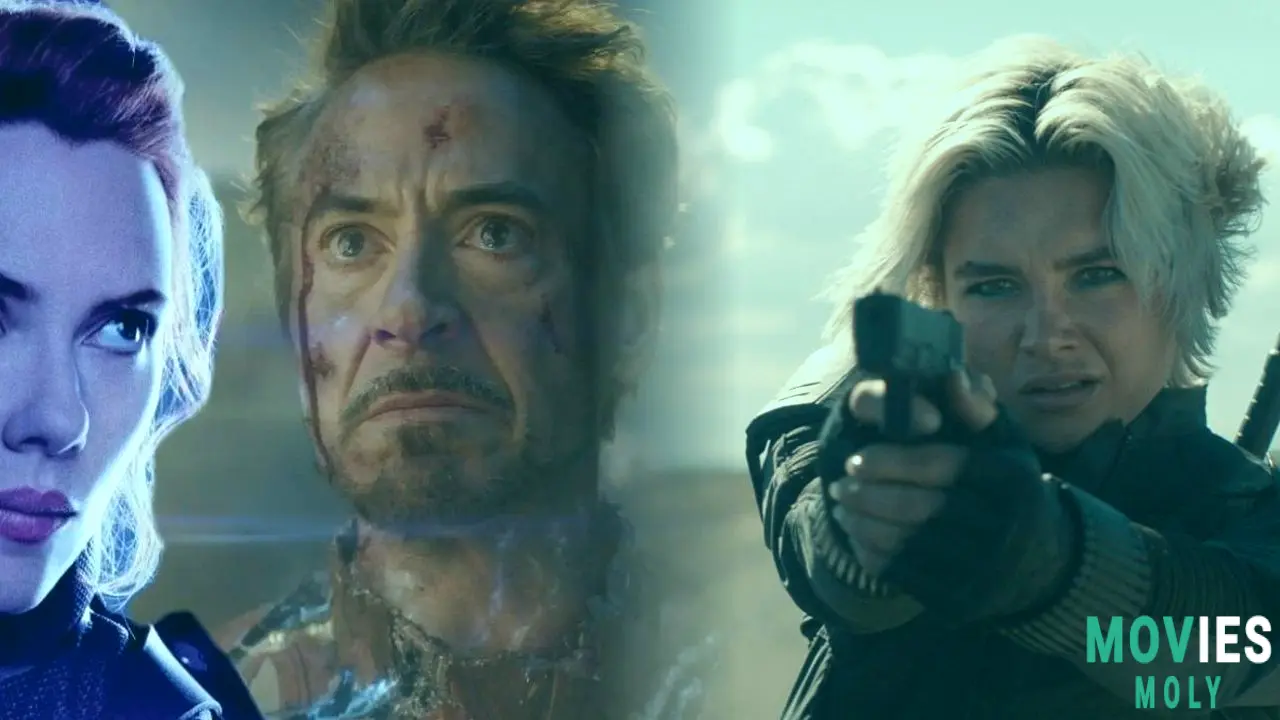
While Marvel’s Thunderbolts* may not feature Natasha Romanoff herself, her presence is felt in every punch, quip, and mission failure of Yelena Belova and her ragtag team. The film, which Marvel fans embraced with a $76 million domestic opening, may not have the cosmic scale of Avengers: Doomsday, but it delivers something deeper: a connection to Natasha’s legacy through the name “Thunderbolts.”
As Slate aptly puts it, these aren’t your classic Avengers. They’re ex-mercenaries, reluctant heroes, and former killers — much like Yelena, who carries the weight of Natasha’s shadow with both reverence and rebellion. The team’s constant bickering and low-stakes heroism beneath the surface hide a powerful truth: they’re becoming heroes not because they want to be, but because they can’t help it. And that’s what ties them to Natasha’s Black Widow persona—a past full of missions, moral gray zones, and a never-ending fight for redemption.
Why Black Widow Is Marvel’s Greatest Champion of Humanity
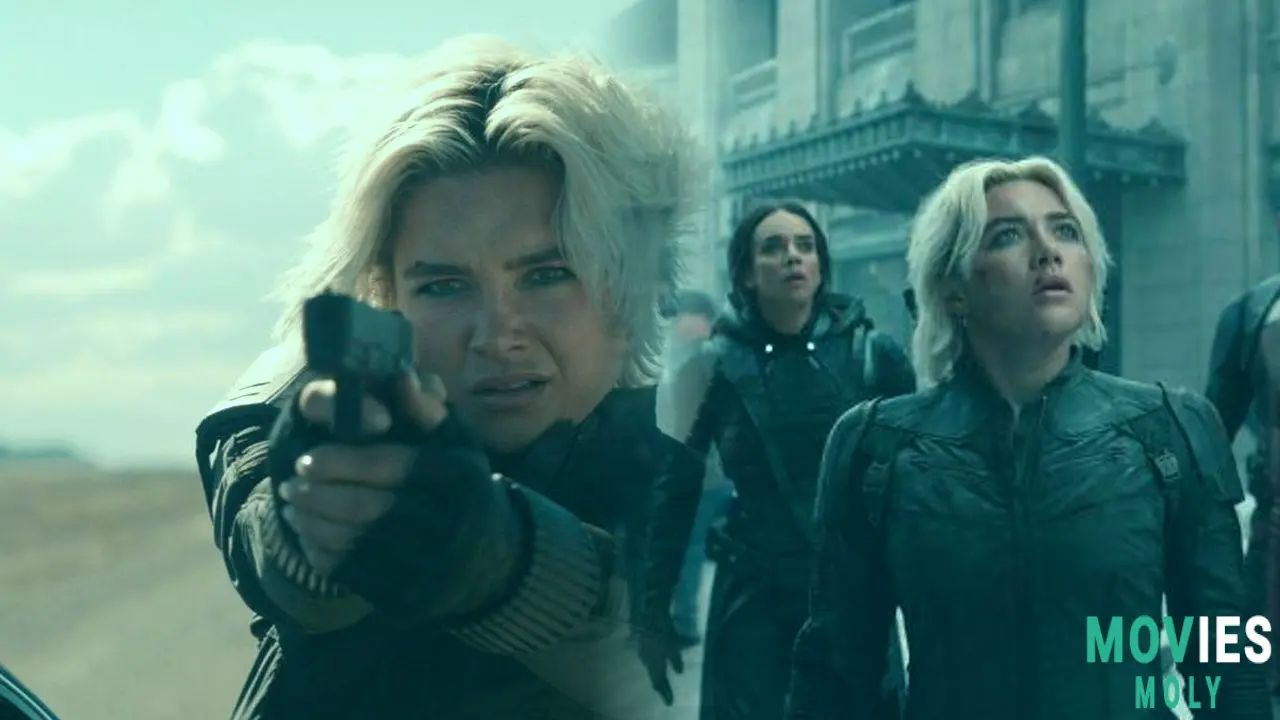
One of the most striking moments in Thunderbolts* isn’t a battle against a supervillain, but a desperate rescue of civilians from falling debris. It’s a scene that criticizes Marvel’s usual tendency to treat humans as background noise in world-ending fights. Here, the heroes pause. They save people. They care. This is the kind of grounded heroism that Black Widow has always embodied.
Marvel’s most powerful heroes—Iron Man, Thor, Doctor Strange—have saved the universe countless times, but often at the cost of personal connections and everyday lives. Natasha Romanoff’s fights have always been smaller, messier, and infinitely more human. She doesn’t just stop bad guys; she saves the unseen, the unglamorous, the overlooked. That’s the kind of heroism Thunderbolts* and the recent comics are finally letting her—and her legacy—shine through.
Black Widow’s Role in the Future of Marvel May Be More Important Than Ever
With the Marvel Cinematic Universe steering toward a “renaissance” of sorts—fueled by films like Thunderbolts*, Captain America: Brave New World, and the looming Avengers: Doomsday—characters like Black Widow are poised to take center stage in new ways. Not through cosmic battles, but through teams, tactics, and trust. The question of who truly counts as an Avenger is already being debated, but one thing is clear: if they need someone to keep them grounded, sharp, and morally accountable, they’re going to need Natasha—or at least someone like her.
Whether it’s in a comic panel, a post-credits scene, or a surprise team-up in the next big MCU release, Black Widow’s evolution from spy to symbol is underway. And it’s no longer about what she can take down—it’s about who she can save, and how far she’s willing to go to make sure they don’t lose themselves in the process.

